University of Wyoming to host Nuclear Innovation Bootcamp
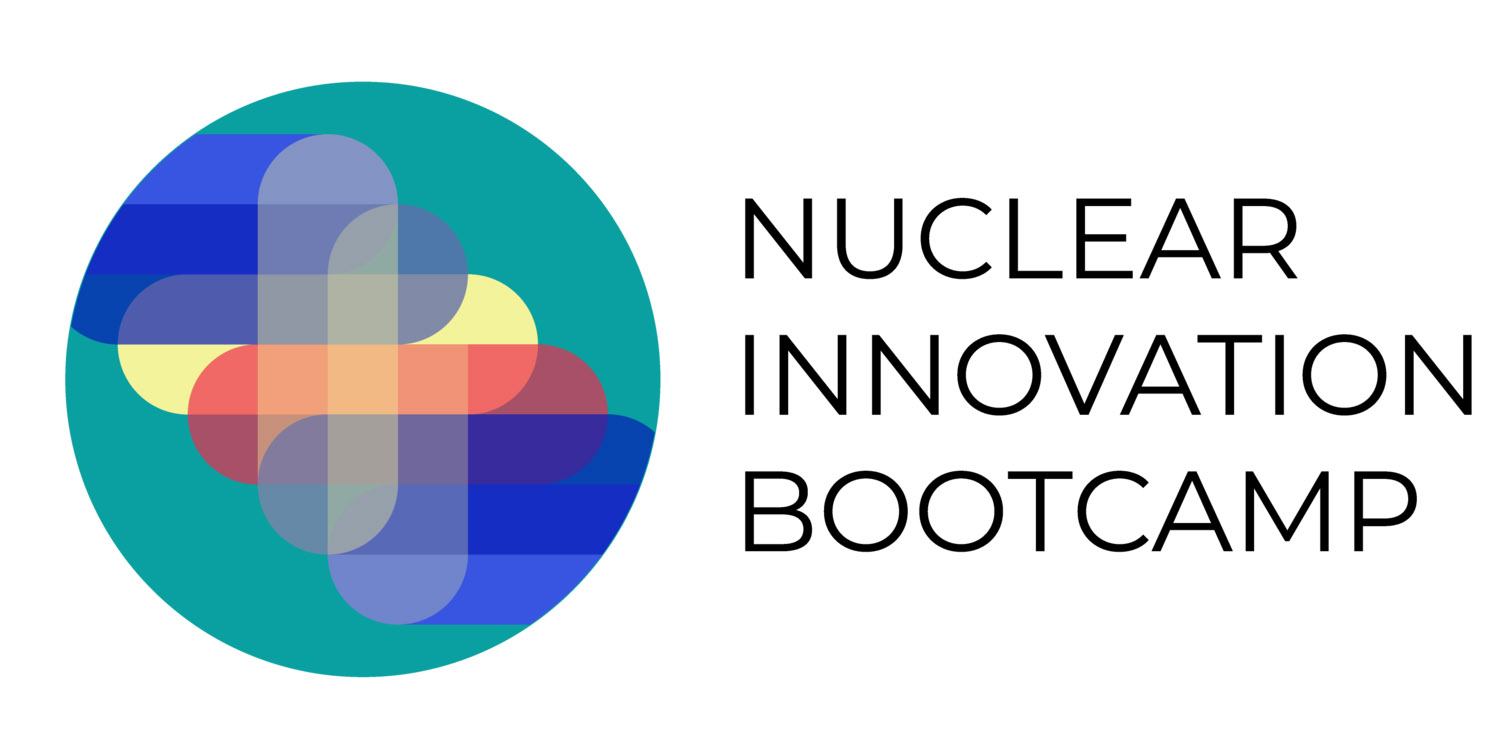
The Nuclear Innovation Bootcamp 2024 takes place this year from July 21 to August 2 at the University of Wyoming in Laramie.
Applications are due by February 25.
-3 2x1.jpg)
A message from Curtiss-Wright
High-Temperature neutron flux detectors for Generation IV reactors and SMRs

The Nuclear Innovation Bootcamp 2024 takes place this year from July 21 to August 2 at the University of Wyoming in Laramie.
Applications are due by February 25.
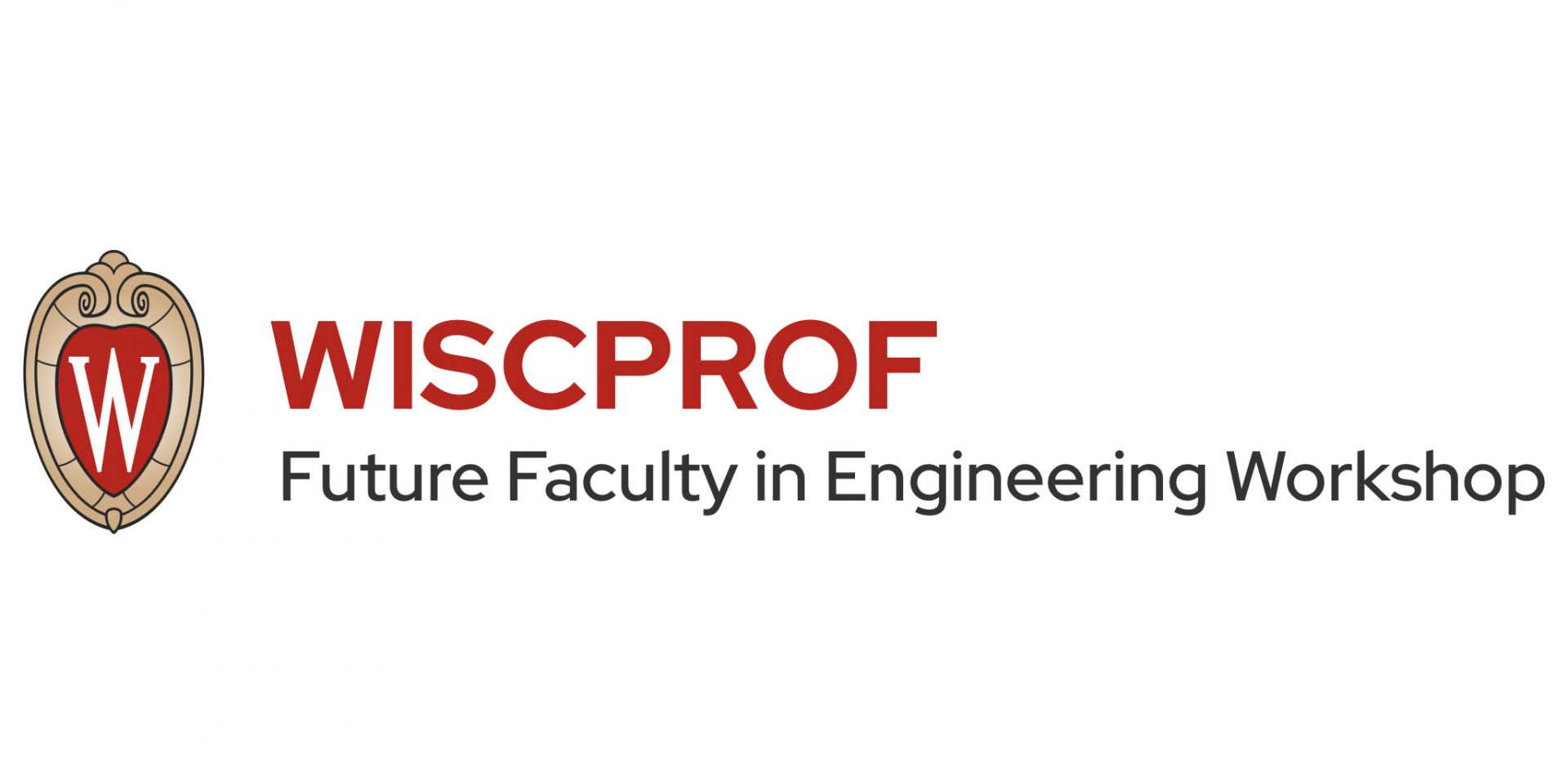
WiscProf, an all-expense-paid engineering workshop at the University of Wisconsin–Madison for future faculty, will be held May 20–23, 2024.
Applications are due by March 1, 2024.
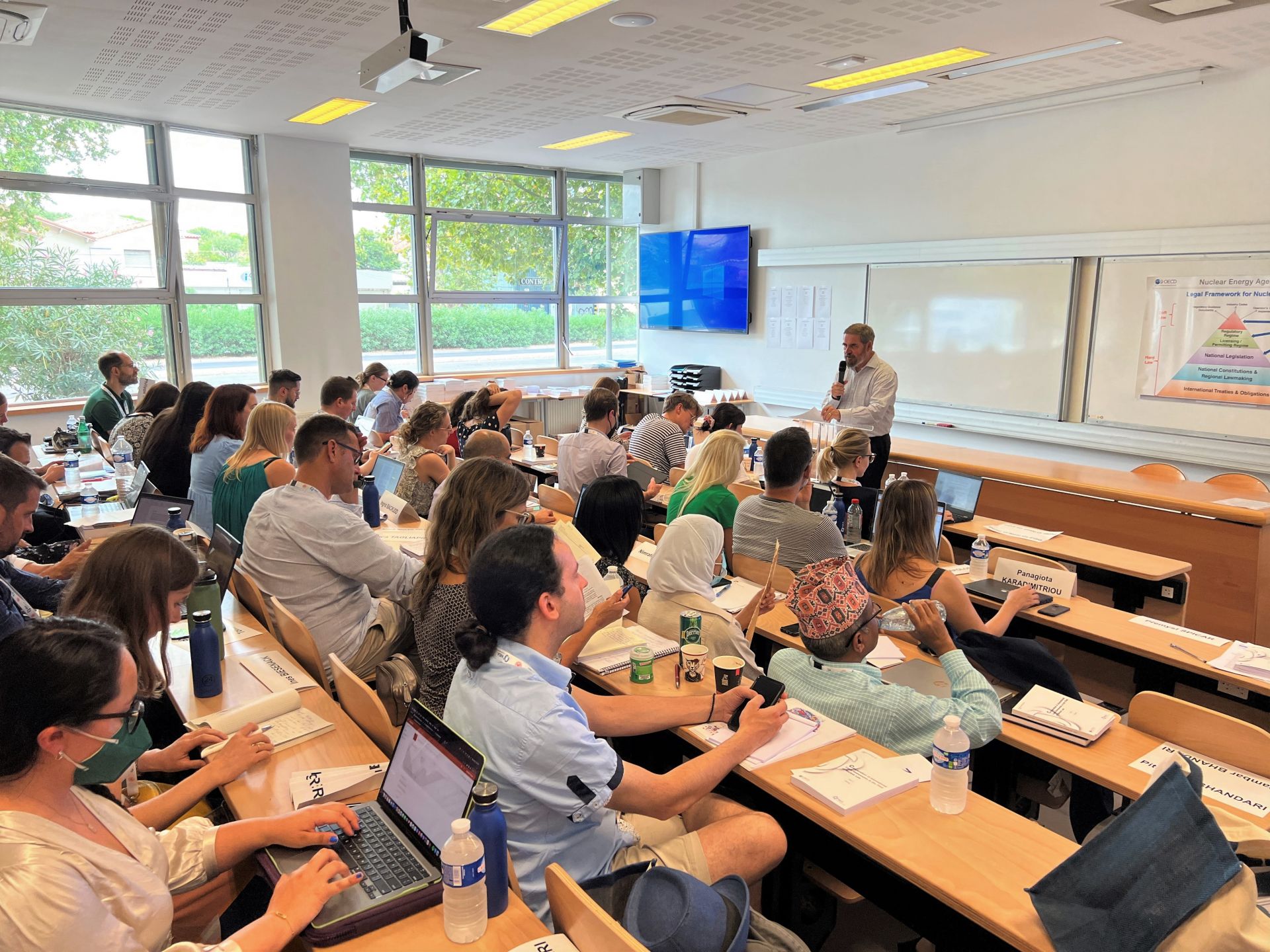
The application period for the 2024 session of the OECD Nuclear Energy Agency’s International School of Nuclear Law (ISNL) is now open. The school will run from August 26 through September 6 in Montpellier, France.
 The recently released 2021–2022 data from the Nuclear Engineering Enrollment and Degrees Survey, prepared by the Oak Ridge Institute for Science and Education (ORISE), might be considered a mix of good news and bad. In 2022, there were 208 doctoral degrees awarded in nuclear engineering in the United States—the most since 1966, when the survey began. However, the overall number of nuclear engineering degrees awarded in 2021 and 2022 was at the lowest level in more than a decade. The results are based on data collected from 34 U.S. universities with nuclear engineering programs.
The recently released 2021–2022 data from the Nuclear Engineering Enrollment and Degrees Survey, prepared by the Oak Ridge Institute for Science and Education (ORISE), might be considered a mix of good news and bad. In 2022, there were 208 doctoral degrees awarded in nuclear engineering in the United States—the most since 1966, when the survey began. However, the overall number of nuclear engineering degrees awarded in 2021 and 2022 was at the lowest level in more than a decade. The results are based on data collected from 34 U.S. universities with nuclear engineering programs.
Nuclear Energy 101, the five-course educational series for congressional staffers, came to a close in October with its final talk. This seminar series is a fun—and popular—tool for ANS to explain the basics of nuclear science and technology to and network with Capitol Hill denizens. After a long hiatus, the series returned in March 2023, and delivered five successful courses.
Are you an energy genius? It’s hard to tell whether or not Americans are really aware of the energy that controls our lives, so the following quiz should be revealing. Click through the multiple-choice options below to reveal the answers. Most answers can be found in the pages of the 2023 issues of Nuclear News—if you’ve been a diligent NN reader you should do fine!
Scoring: Zero to five correct answers out of the 20 questions means you may need to read up on energy in order not to be at the mercy of others. Six to 10 correct answers is a good passing grade. Eleven to 15 right answers means you’re really energy literate. Sixteen to 19 correct answers means you should be advising Congress. Twenty right answers suggests you’re Mr. Spock reincarnated.
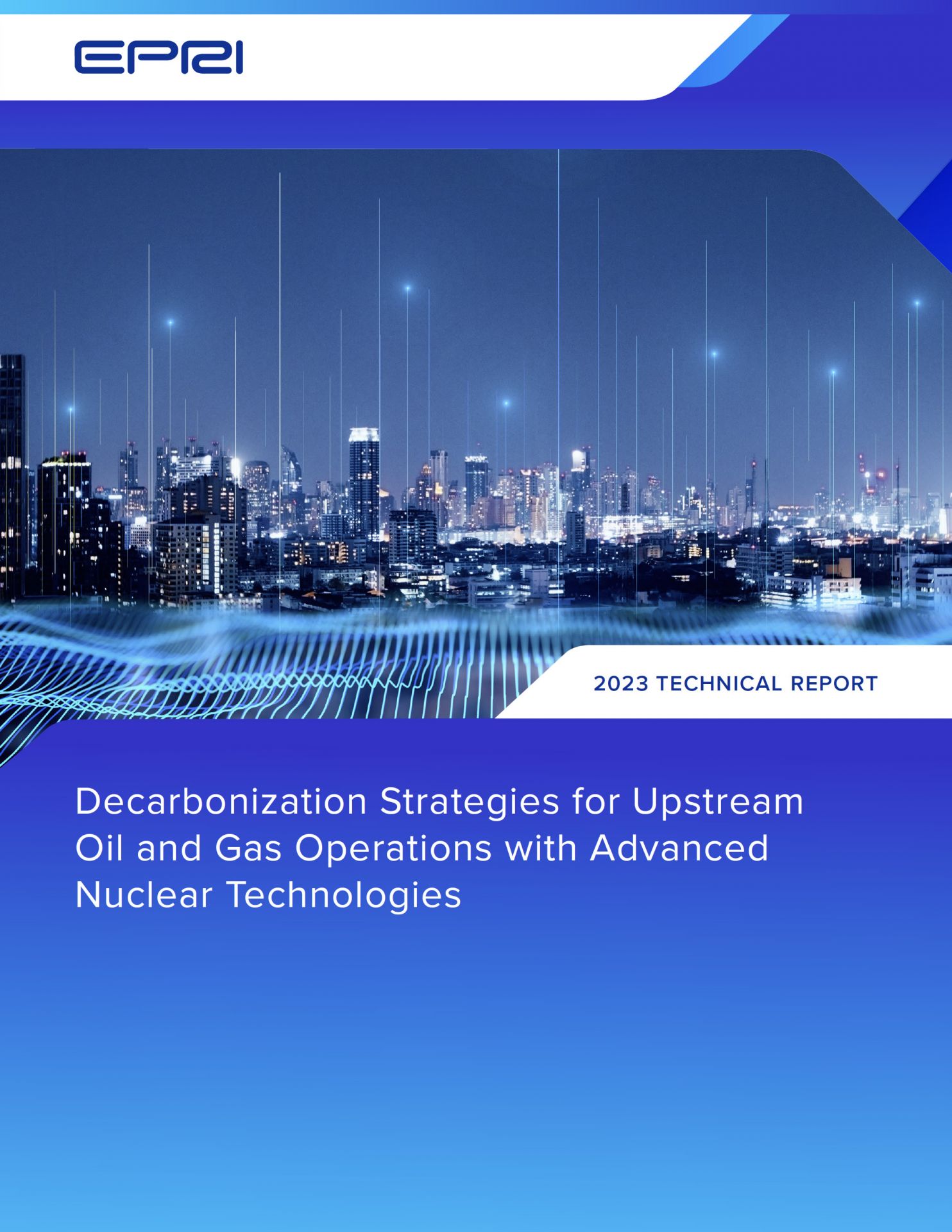 A new report from the Emirates Nuclear Energy Corporation (ENEC) and the Electric Power Research Institute (EPRI) describes the use of nuclear energy to decarbonize some activities normally powered by oil and gas.
A new report from the Emirates Nuclear Energy Corporation (ENEC) and the Electric Power Research Institute (EPRI) describes the use of nuclear energy to decarbonize some activities normally powered by oil and gas.
Decarbonization Strategies for Upstream Oil and Gas Operations with Advanced Nuclear Technologies, prepared by the Massachusetts Institute of Technology under contract to EPRI, was intended to “inform broader discussions around decarbonization [oil and gas] operations” at COP28, held in Dubai, United Arab Emirates, from November 30 to December 12.
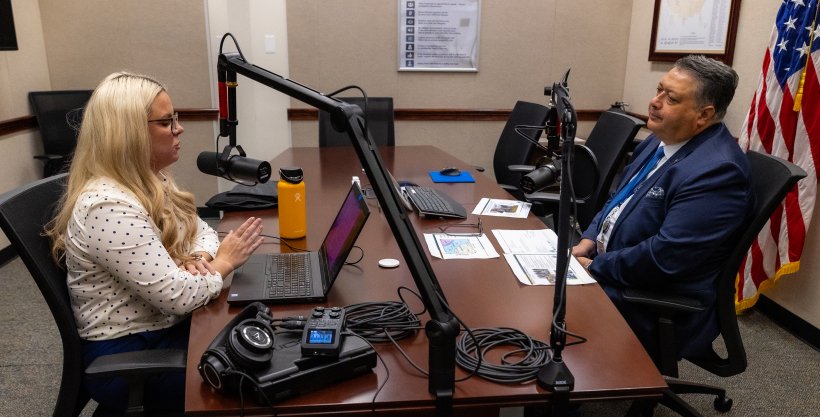
The Department of Energy’s Office of Legacy Management, which oversees department legacy sites that have been cleaned of radioactive waste and environmental contamination, debuted its first podcast on December 15. Launched in honor of the office’s 20th anniversary, the podcast series includes four episodes, each featuring a different member of the DOE-LM team.
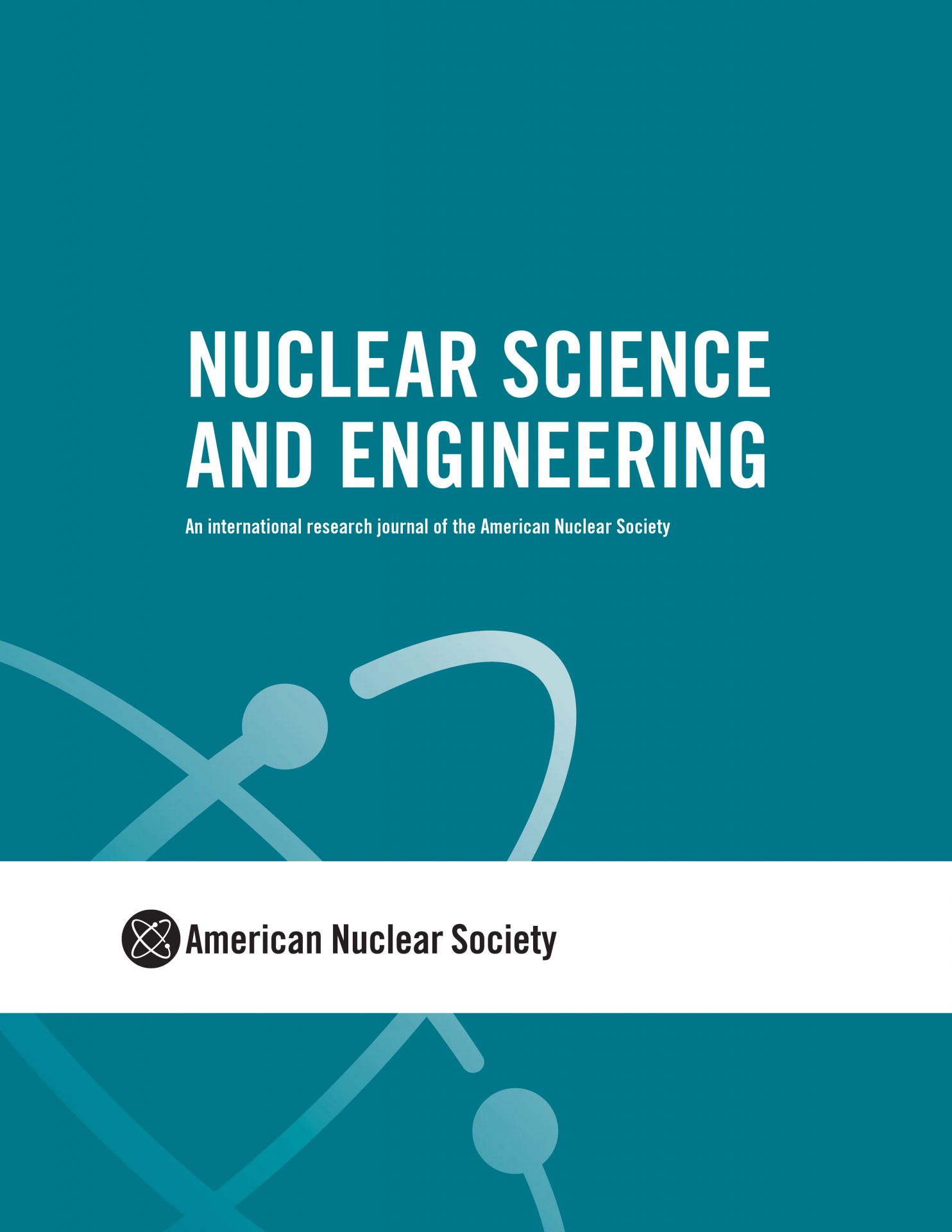 Two teams of guest editors from Idaho National Laboratory have announced plans for special issues of the American Nuclear Society's Nuclear Science and Engineering, the nuclear community’s longest-running technical journal. Abdalla Abou Jaoude and Abderrafi M. Ougouag are leading the NSE issue Technical Challenges and Opportunities in the Development and Deployment of Microreactors, while Joseph Nielsen and Piyush Sabharwall are organizing the NSE issue Irradiation Experiments Supporting Advanced Nuclear Technologies.
Two teams of guest editors from Idaho National Laboratory have announced plans for special issues of the American Nuclear Society's Nuclear Science and Engineering, the nuclear community’s longest-running technical journal. Abdalla Abou Jaoude and Abderrafi M. Ougouag are leading the NSE issue Technical Challenges and Opportunities in the Development and Deployment of Microreactors, while Joseph Nielsen and Piyush Sabharwall are organizing the NSE issue Irradiation Experiments Supporting Advanced Nuclear Technologies.

Carson Noack is a busy young man with a clear vision of the future of energy. The 23-year-old undergraduate is slated to receive his bachelor’s degree in mechanical engineering from Abilene Christian University (ACU) in 2024. He’s also a researcher in the university’s Nuclear Energy eXperimental Testing (NEXT) Laboratory, which has been making news with its plans to build the first new research reactor in the United States in more than 30 years—the Molten Salt Research Reactor (MSRR).

Fifty-two percent of Americans either “strongly” or “somewhat” support nuclear energy as part of the United States’ energy mix, with the strongest support among Republicans (59 percent) and self-described independents (53 percent). Support among Democrats is 48 percent. Those are some of the results from the sixth annual American Climate Perspectives Survey conducted by ecoAmerica.

Recently I had the opportunity to be the American Nuclear Society’s boots on the ground when I traveled to San Diego during Nuclear Science Week. I got to meet dozens of members of the nuclear community, tour the San Onofre Nuclear Generating Station, attend a screening of Oliver Stone’s Nuclear Now, and listen to a lively panel discussion about the importance of nuclear energy for solving climate change. It was a fun and illuminating experience, and I left with the impression that, excitingly, nuclear curiosity is on the rise.
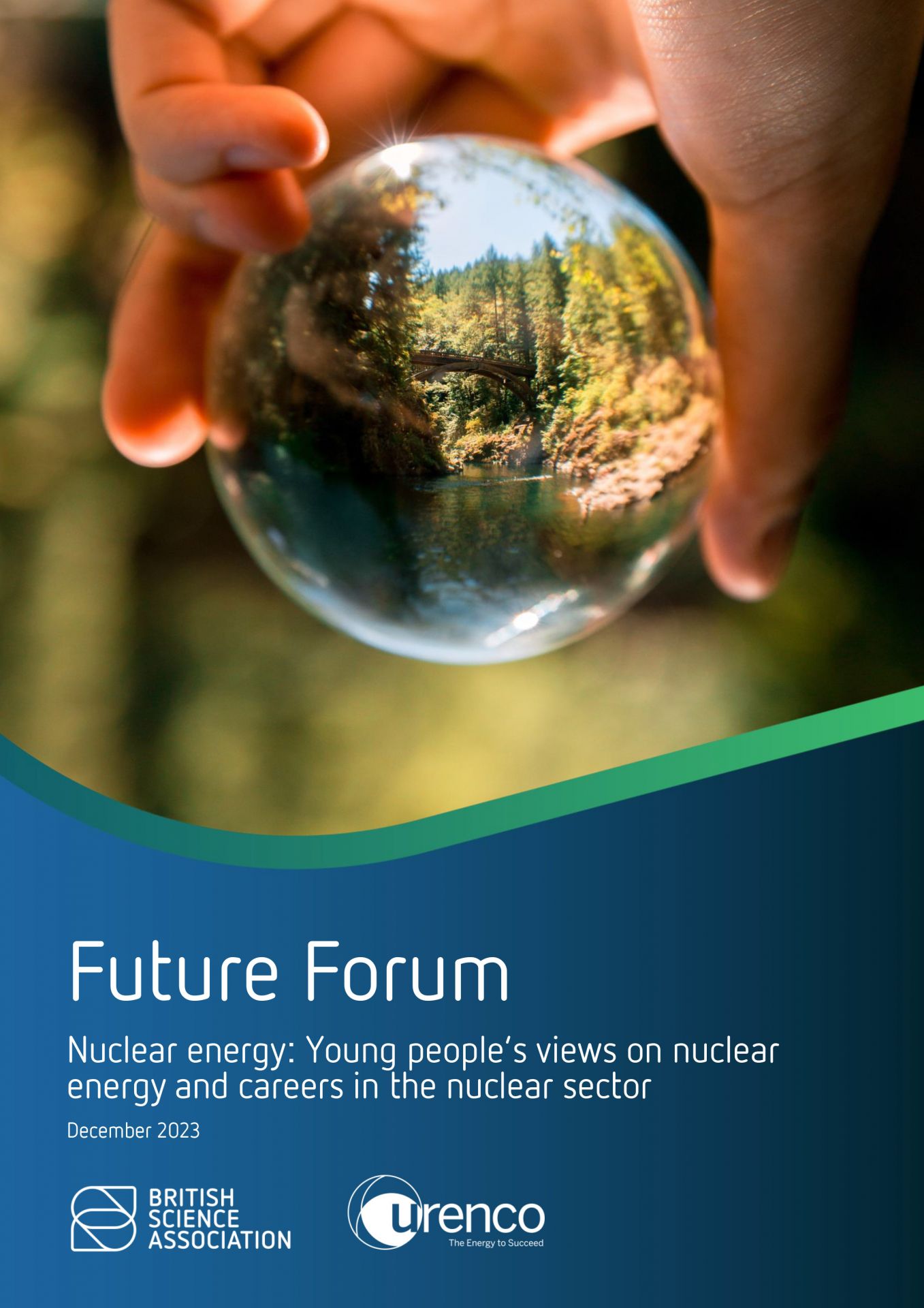 Almost two-thirds of 14- to 18-year-olds in the United Kingdom would consider a career in nuclear if they knew more about it, according to a new report, Nuclear Energy: Young People’s Views on Nuclear Energy and Careers in the Nuclear Sector, from the British Science Association (BSA).
Almost two-thirds of 14- to 18-year-olds in the United Kingdom would consider a career in nuclear if they knew more about it, according to a new report, Nuclear Energy: Young People’s Views on Nuclear Energy and Careers in the Nuclear Sector, from the British Science Association (BSA).
About the report: The report was conducted as part of the BSA’s Future Forum program and was funded by Urenco, an international supplier of uranium enrichment services and fuel cycle products, as part of its commitment to education and skills development.
The report centered around an initial survey of 1,000 14- to 18-year-olds in England, Scotland, and Wales, with two follow-up workshops that were attended by 39 young people, providing the opportunity for more detailed responses.

World Nuclear Energy Day takes place tomorrow, marking the 81st anniversary of the day in 1942 when Enrico Fermi and his team achieved the first controlled, self-sustaining nuclear chain reaction with Chicago Pile-1. It also is the anniversary of the first commercial nuclear reactor reaching criticality—at Shippingport, Pa., on December 2, 1957.

The Philippines generates none of its electricity from nuclear energy. Until recently, it was even without a functioning research and training reactor. The lack of a nuclear facility has led to a dearth of scientific expertise in nuclear science and nuclear engineering in this nation of roughly 117 million people. Twenty-nine-year-old Ronald Daryll E. Gatchalian is on a mission to change that.

As countries increasingly plan to adopt or expand nuclear energy to their energy grids, the importance of national and international nuclear law was underscored in recent remarks by Rafael Mariano Grossi, the International Atomic Energy Agency’s director general.
A new NSTOR collection, "Reimagining Nuclear Futures: Emerging Voices on Technology, Policy, and Society," has been launched by Aditi Verma, assistant professor of nuclear engineering and radiological sciences at the University of Michigan. The collection features technology policy op-eds, essays, and papers from emerging scholars in nuclear engineering and adjacent fields.
The collection is open access with no publication charges through the end of 2024.
NSTOR—Nuclear Science and Technology Open Research—is offered through the American Nuclear Society.
Anyone involved in the nuclear power industry could tell you that the operation of nuclear power plants is a demanding and never-ending endeavor. Our machines are complex, our challenges are diverse, and our standards are unyielding. The truth is, however, many of us stay in this field because there’s something at the heart of what we do that makes it all worthwhile.
North Carolina’s fiscal year 2024 budget for the state has allocated $3 million for North Carolina State University, in Raleigh, to conduct a study to assess the feasibility for the establishment of an advanced nuclear research reactor.
The next opportunity to earn professional engineer (P.E.) licensure in nuclear engineering is just around the corner: the Principles and Practice of Engineering Examination for nuclear engineering will be administered nationwide on October 24, 2023. If you are preparing to take the exam on this day, best of luck!